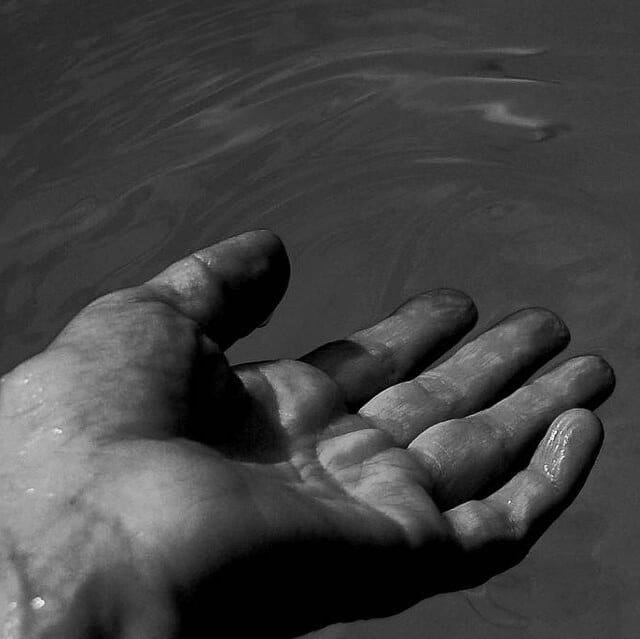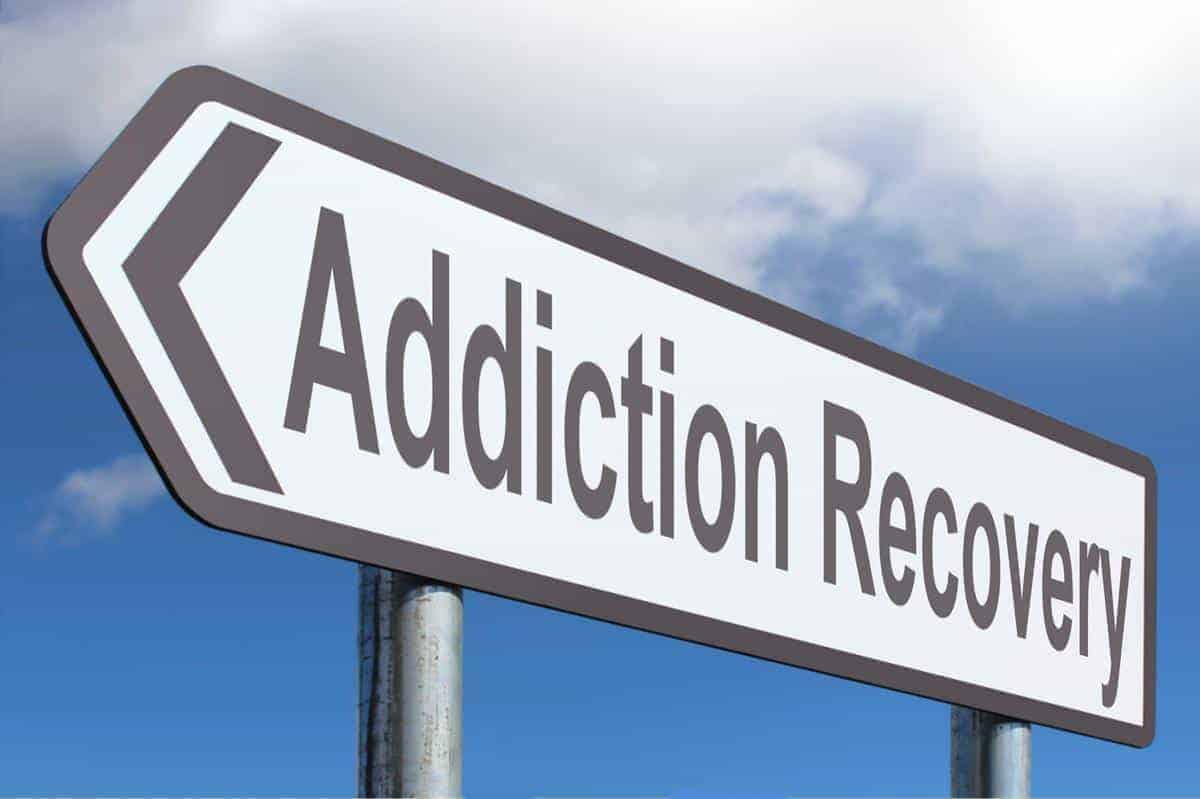Telling people you are an alcoholic

As you get into recovery, if you attend 12 step fellowship meetings (as is recommended) – such as AA and NA – you will probably find yourself making lots of new friends there. All of whom will be living a clean and sober life. You will probably start to go out for meals with them, or for a coffee, to the cinema etc. They will know that you don’t drink / use drugs and there will not be an issue with them expecting you to drink. You may have let go of at least some of your heavy drinking and drug using friends. Especially if they are any threat to the security of your recovery. And if you have been into an alcohol rehab centre or to private drug rehab you may have some new friends from there.
Let people know you don’t drink
However, as not drinking becomes more ‘normal’ you will start to meet new people who are unaware of your past and that you don’t drink. You may attend formal or even informal occasions where people expect you to drink. I have found these quite easy to handle – a simple ‘no thank you’ when offered an alcoholic drink will usually suffice. Sometimes this needs ‘I don’t drink’ added if they are persistent. No further explanation is usually required.
However, sometimes you might feel that it is. You can either be truthful and as explicit as you are comfortable with ‘I am a recovering alcoholic’. You can just say something like ‘I can’t drink as if I do I tend to drink too much’. Or ‘ I used to drink a lot but in the end found it best to stop completely’. ‘I have an allergy to alcohol’ (which is true as our reaction to it pretty disastrous). You will find your own form of words for these occasions. It is surprising how many people really don’t care.
My brother who is also a recovering alcoholic told me recently that he goes to the pub with work colleagues regularly (if relatively infrequently). Every time one of them will offer him a beer. Every time he repeats he does not drink – which is forgotten before the next pub visit. It might be important to us but it is really not to other people who are much more immersed in their own lives.
Being honest with others
So over the years I have found it second nature to deal with these little challenges. However recently I had occasion to face this issue and it seemed a bigger deal. I started seeing a man who I have known for as long as I have been sober (over 10 years) but who I have never socialised with before. The first 5 ‘dates’ or so, I had my non alcoholic drinks, he did not query it (why should he?) and we got closer to the point where we both knew we liked each other a lot and wanted to see where the relationship might go. It suddenly occurred to me that he might not know one of the most important things about me – that I am an alcoholic.
So I asked him. Do you know why I don’t drink? He did not. He said he thought it might be that I was driving (which I was) or for health reasons or that I had bad experiences with someone I loved drinking too much. It had not occurred to him that the problem could be me! So I told him – decided to be blunt. Said I am an alcoholic. Did it bother him? No. He just asked what it meant for him and I explained absolutely nothing. He could have a glass of wine or a beer if he wanted (he is not a big drinker. If he were it might be more of a problem). I could enjoy myself without it.
Most people who are worth knowing will not mind that you don’t drink. In fact they will tend to respect and admire you for it. Try telling them and see. You will be surprised. The ability to tell others that you don’t drink is an essential part of recovering life when alcoholic.



